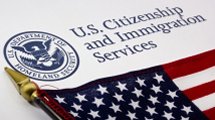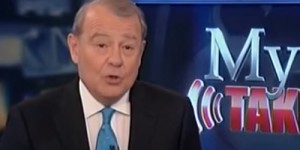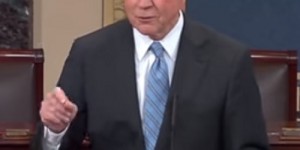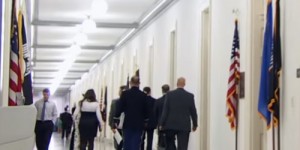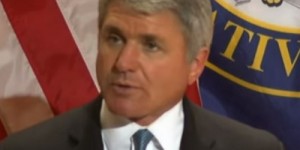The happiest place on Earth wasn’t for hundreds of American IT workers who were unceremoniously laid-off and many were forced to train foreign replacements during a recent shakeup at Disney HQ.
Disney bigwigs claim the layoffs were simply part of a corporate restructuring but former Disney employees tell a much different tale.
From the perspective of five laid-off Disney IT workers, all of whom agreed to speak on the condition of anonymity, Disney cut well-paid and longtime staff members, some who had been previously singled out for excellence, as it shifted work to contractors. These contractors used foreign labor, mostly from India. The laid-off workers believe the primary motivation behind Disney’s action was cost-cutting.
“Some of these folks were literally flown in the day before to take over the exact same job I was doing,” said one of the IT workers who lost his job. He trained his replacement and is angry over the fact he had to train someone from India “on site, in our country.”
Suspicions about Disney’s motives for dumping American IT workers for cheaper foreign imports stems from Disney’s active lobbying for more H1-B visas.
Disney CEO Bob Iger is one of eight co-chairs of the Partnership for a New American Economy, a leading group advocating for an increase in the H-1B visa cap. Last Friday, this partnership was a sponsor of an H-1B briefing at the U.S. Capitol for congressional staffers. The briefing was closed to the press.
One of the briefing documents handed out at the congressional forum made this claim: “H-1B workers complement – instead of displace – U.S. Workers.” It explains that as employers use foreign workers to fill “more technical and low-level jobs, firms are able to expand” and allow U.S. workers “to assume managerial and leadership positions.”
Former employees do say Disney claimed other positions were available for the laid off IT workers but few of them knew co-workers who had gotten the promised new jobs.
Apparently, Disney executives had been planning the purge for some time.
It’s difficult to determine how many H-1B workers, L-1 visa workers or contractor workers generally, were at this Disney site. Only a couple of workers asked the contractors where they lived or if they were on a visa. It was an awkward conversation and generally avoided. But one observation all of the workers recounted was the widespread use of Hindi.
Several of these workers, in interviews, said they didn’t want to appear as xenophobic, but couldn’t help but to observe, as one did, that “there were times when I didn’t hear English spoken” in the hallways. As the layoff date neared, “I really felt like a foreigner in that building,” the worker said.
H1-B visas are sold as offering American tech companies the ability to import workers when they cannot find enough Americans to fill available jobs.
One of the laid off workers believed there were other ways for Disney to achieve its goals.
“There is no need to have any type of foreigners, boots on the ground, augmenting any type of perceived technological gap,” said one worker. “We don’t have one, first off.”
Workers can be trained, because “once you are in the system and you are a learner, you are a learner for life in IT. You are going to constantly learn.”
Kim Berry, president of the Programmer’s Guild, said that “Congress should protect American workers by mandating that positions can only be filled by H-1B workers when no qualified American – at any wage – can be found to fill the position.”
The Disney allegations broke on the same day as the Department of Homeland Security announced they had declined to investigate similar accusations of H1-B visa abuse at Southern California Edison.
In response to a bipartisan call from ten U.S. senators led by Sens. Jeff Sessions (R-AL) and Dick Durbin (D-IL), U.S. Citizenship and Immigration Services — an agency within DHS — said that while it is on the lookout for possible H-1B violations, an investigation into the company is “premature.”
“At this point, it would be premature for USCIS to speculate as to whether Southern Edison’s participation in the H-1B program has violated any laws,” USCIS Director Leon Rodriguez wrote in a letter dated Tuesday.
In a joint statement Wednesday Sessions and Durbin expressed disappointment in the reply to their request for an investigation and took issue with Rodriguez’s letter.
“The reply letter was non-responsive, failing to address the questions presented. Director Rodriquez merely stated that ‘it would premature for USCIS to speculate as to whether Southern California Edison’s participation in the H-1B program violated any laws.’ We did not ask for speculation; we asked for an investigation, and an explanation of any legal obstacles to conducting such an investigation,” the pair said.
Chalk one up for Scrooge McDuck.




